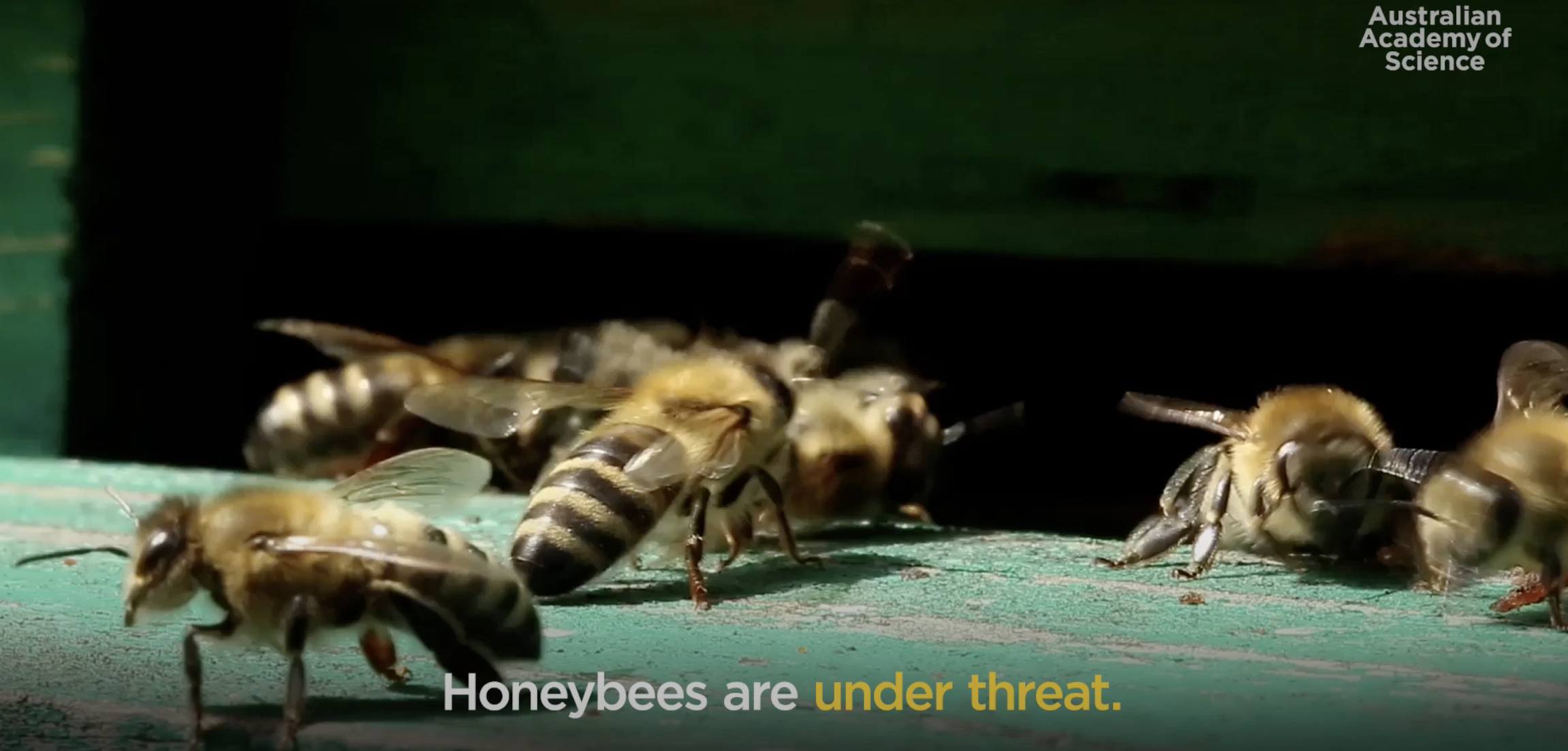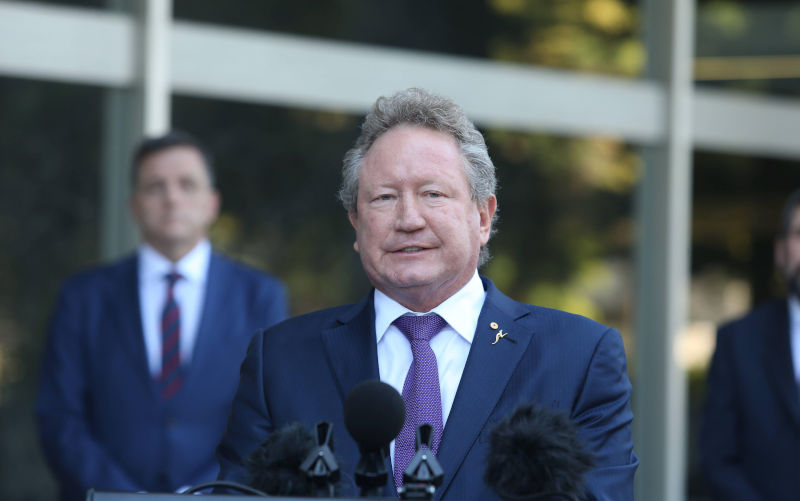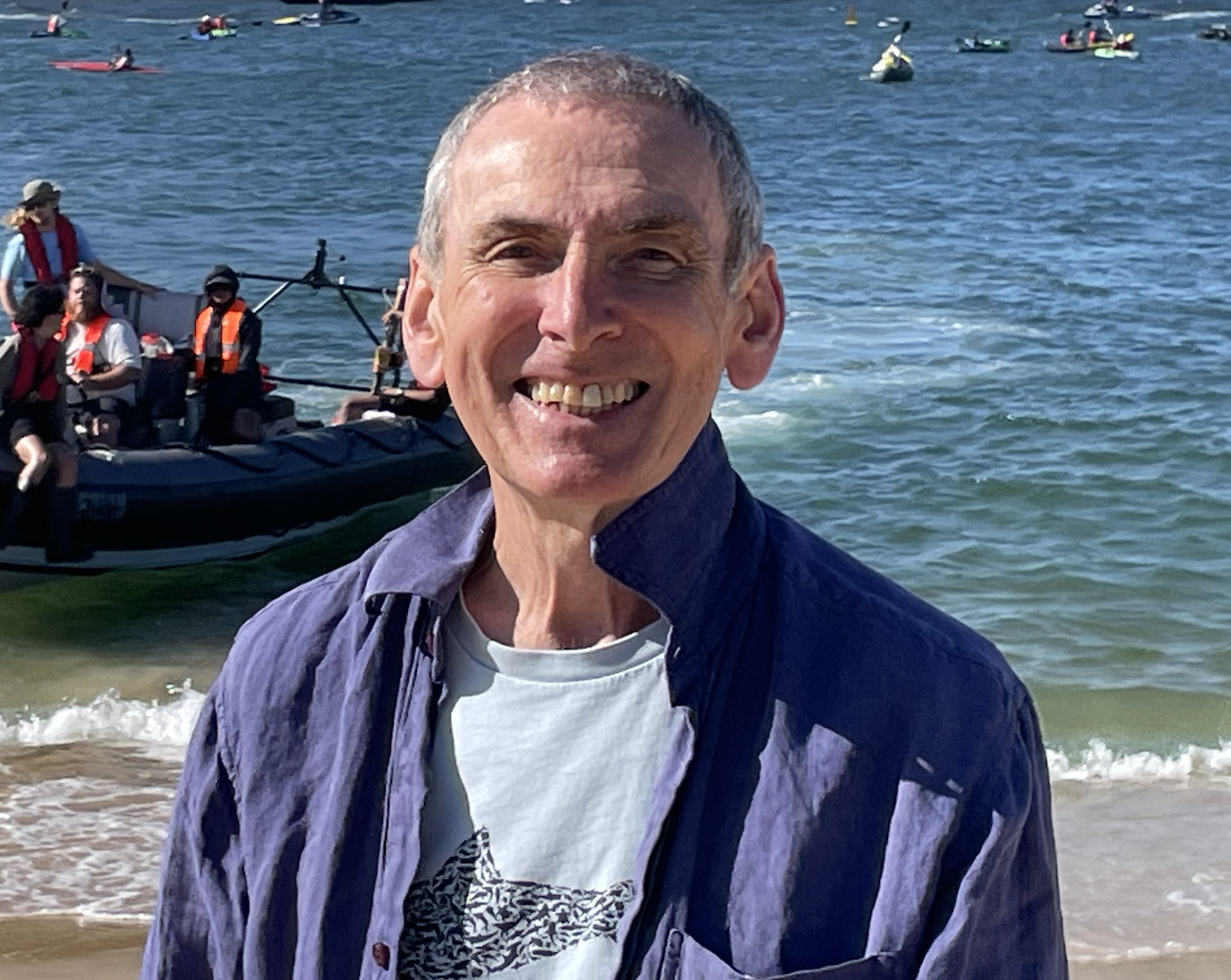Environment: Andrew Forrests climate message to Biden, Modi and Xi
September 9, 2023
Andrew Forrest makes impassioned plea for governments to hold business responsible for climate action. African countries struggle to extract their natural resources without destroying their environments and people.
Dr Twiggys prescription for human survival
If youve got 24 minutes, I strongly recommend watching Andrew Forrests speech at the Boao Forum for Asia Annual Conference in Perth last week. Until the last seven minutes, its not so much what he says about global warming as the fact that Forrest is saying it, and he is clearly addressing himself to the leaders of the worlds most powerful governments, with whom he suggests he has good relations.
Forrest opens by discussing the near-impossibility of avoiding warming of at least 1.5oC and that it will happen this decade. He then describes the human consequences, principally the deaths that are already occurring and the millions more that will inevitably occur soon as a result of lethal humidity (the next global pandemic). He is at pains to emphasise that he is a scientist and that what he is saying is backed up by the best science.
While Forrest is extremely concerned about the future, he doesnt think it is too late to avert a complete disaster. He is clear about the cause of the problem and what needs to happen:
- Global warming is caused by business: Its business that will kill your children. Its business that is responsible for lethal humidity. But its policies which guide business. You must hold us to account;
- Governments must:
- Match policy settings to risk immediately
- Develop policies to guide business
- Take down all barriers to green energy manufacturing
- Abolish fossil fuel subsidies.
In particular, the governments of China, the USA and India, who all fully understand the magnitude of the risks posed by global warming, must put aside their geopolitical struggles and establish a Green Armistice to put a handbrake not on our survival but on that which is killing us, global warming. Forrest explicitly identifies Biden, Modi and Xi as the people responsible for getting the ball rolling and suggests that they announce the intention to render illegal any action which would prevent mitigation of global warming.
Forrest has a very clear message for the governments of the world: You must hold us to account. Business guided by government will either save or destroy this planet. Hold us to account. The power of you. Make us change. Thats all Im asking you to do. Make us change.
NSW destroying native forests and Greater Gliders
Below is a photograph taken in the Tallaganda State Forest east of Canberra, one of just two areas of tall wet forests that were unburnt in NSW in the 2019/20 bushfires.
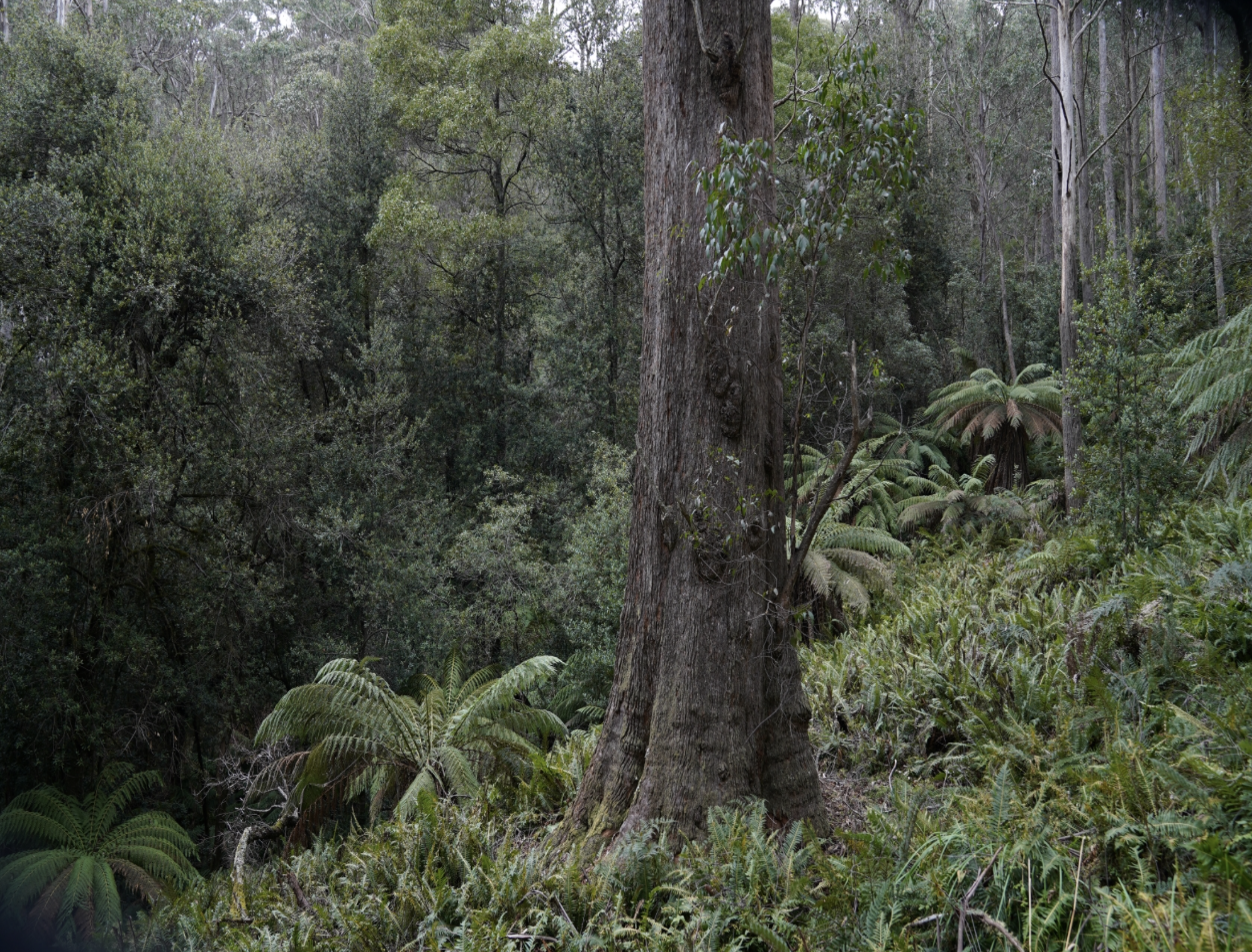
The Tallaganda is one of the few strongholds in NSW of the Greater Glider, a nationally listed endangered species. Greater Gliders are dependent on old growth trees for their nesting hollows and the Tallaganda Forest provides these.
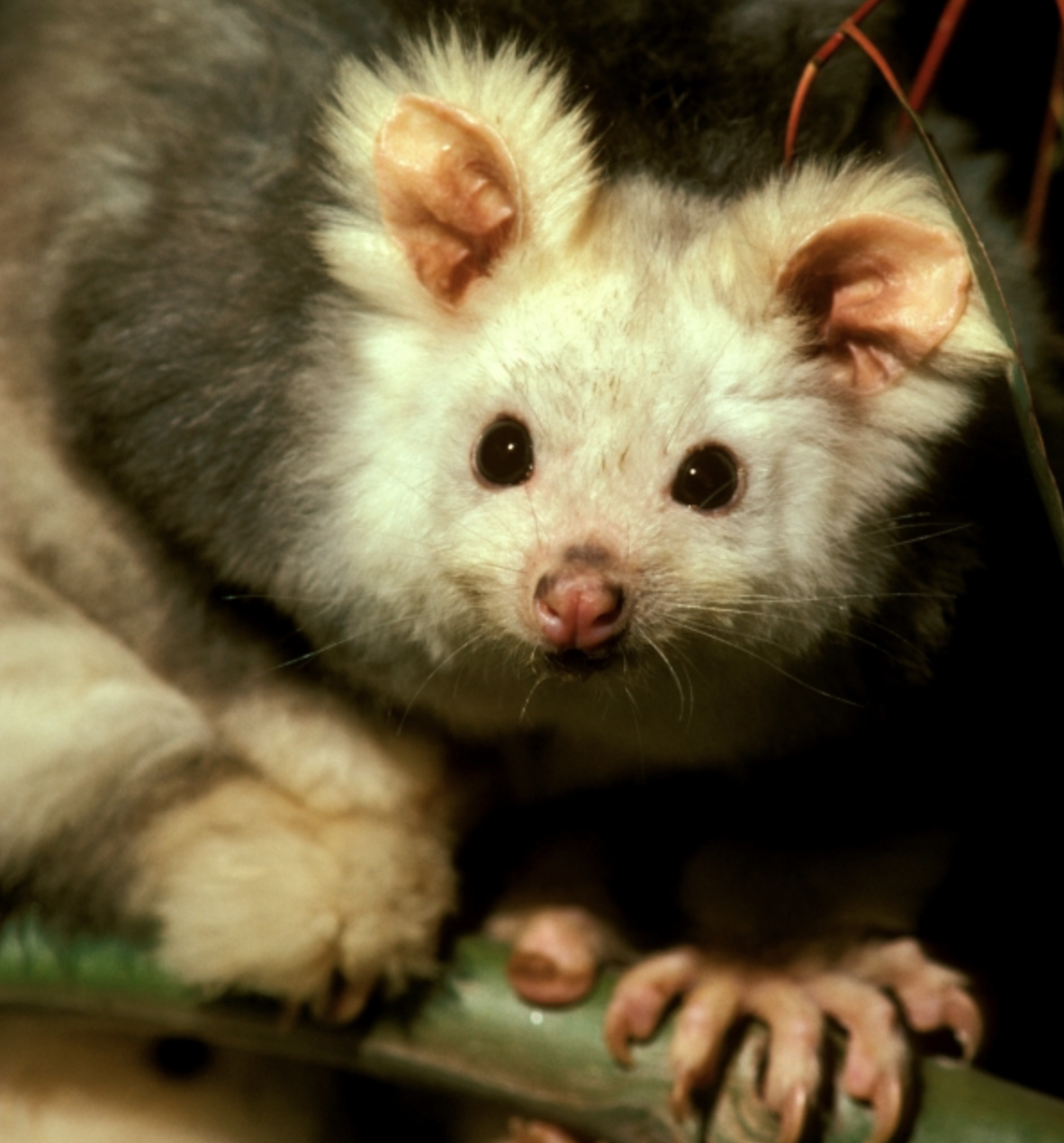
Below is what the Forestry Corporation of NSW is currently doing to parts of the Tallaganda Forest. Logging destroys the old trees that Greater Gliders need and makes the remaining forest more vulnerable to future bushfires.

Postscript: I wrote the piece above on August 30th. On the same day, I and almost 700 others wrote to the NSW Minister for the Environment supporting the urgent request by Wilderness Australia and WWF to the NSW Environmental Protection Authority (EPA) for an immediate halt to the logging to allow a full environmental assessment to be conducted. Later that day, the EPA issued a Stop Work Order for the logging for forty days. The task now, of course, is to ensure that the temporary protection for the trees and Greater Gliders becomes permanent.
Had it not been for the speedy action of Wilderness Australia, WWF and many concerned citizens the logging would have continued apace. Governments dont always respond so positively, and they may still allow the Tallaganda to be logged, but if we dont tell them how we feel about issues such as this the forces of evil get a free ride every time.
Total betrays Ugandan landholders
Last week I drew attention to TotalEnergies splashing money and messages around the rugby fields of France to greenwash its polluting activities around the world. I shouldnt think many people in Uganda are watching the Rugby World Cup, which is perhaps as well for their own mental welfare and the physical integrity of their television screens.
The East African Crude Oil Pipeline (EACOP) is one of the largest fossil fuel infrastructure projects currently under development. The plan is to run a 1,400 km pipeline from hundreds of oil wells in the far west of Uganda south around Lake Victoria and then east to a port on the Tanzanian coast. The wells are projected to produce a quarter of a million barrels of oil a day for 25 years. Total is the principal partner in the consortium responsible for developing EACOP. Chinese and Ugandan state-owned oil companies are the other major partners.
The construction and operation of the wells, pipeline and port and burning the oil produced will generate enormous amounts of greenhouse gas. There will also be substantial damage to local environments and ecosystems. In addition, over 100,000 people in Uganda and Tanzania will permanently lose their land to accommodate the project in fact, over 90% have already lost their land, and therein lies the story.
Human Rights Watch has interviewed 75 displaced Ugandan families. Unsurprisingly, they didnt appear to have experienced the values (exemplary behaviour, unwavering integrity, respect for each other, respect for human rights including the rights of local communities, and protecting the environment and human health) Total is claiming to hold dear in its promotions during the Rugby World Cup in France.
International best practice is for displaced people to be offered replacement land but the Ugandan families reported being pressured and intimidated by Total to accept cash compensation rather than land and that the amounts provided were inadequate to buy good quality replacement land. They also complained of lack of awareness of the terms of the agreements they signed not helped by many of the farmers being illiterate. After signing an agreement, landholders frequently experienced delays of 3-5 years before payments were made.
Landholders who refused to sign were subject to constant pressure, harassment and threats of legal action by Total and local governments, and in some cases had their land expropriated by the courts.
As a result of the delays, families that were largely self-sufficient beforehand had to sell assets or borrow from predatory lenders to buy food that they would previously have grown themselves. Families also described their inability to pay school fees.
Our first meeting with Total they said, Your standard of living will be elevated, you will no longer be poor. Now with the oil project starting, we are landless and are the poorest in the country.
To add insult to injury, Total still hasnt secured 60% (US$3 billion) of the finance required for the pipeline to proceed and almost fifty finance institutions have publicly ruled out having anything to do with it.
Human Rights Watch makes recommendations to the project owners and the Ugandan government regarding respecting the rights of landholders, ensuring the complete absence of intimidation during negotiations, timely payment of compensation adequate for the purchase of equivalent land, better explanation of contract terms and conditions to farmers, and development of approved Resettlement Action Plans.
Cobalt mining slavery in DRC
Cobalt is one of the metals that is essential for the transition to clean energy. It is used, for instance, in lithium-ion batteries for phones, laptops and EVs, and in alloys for magnets. It also has other uses in air craft engines and high-speed steels, as a catalyst, and to provide a deep blue colour to ceramics and paints, to name a few.
The Democratic Republic of Congo produced 70% of the worlds cobalt in 2021 and has more reserves than the rest of the planet put together. Unfortunately, the DRC is not famed for protecting the environment or for respecting human rights or protecting occupational health and safety or avoiding corruption. Freelance workers of both sexes and all ages perform hard labour in dangerous, polluted conditions (cobalt is toxic to touch and breathe) in open-cut mines for a few dollars a day.
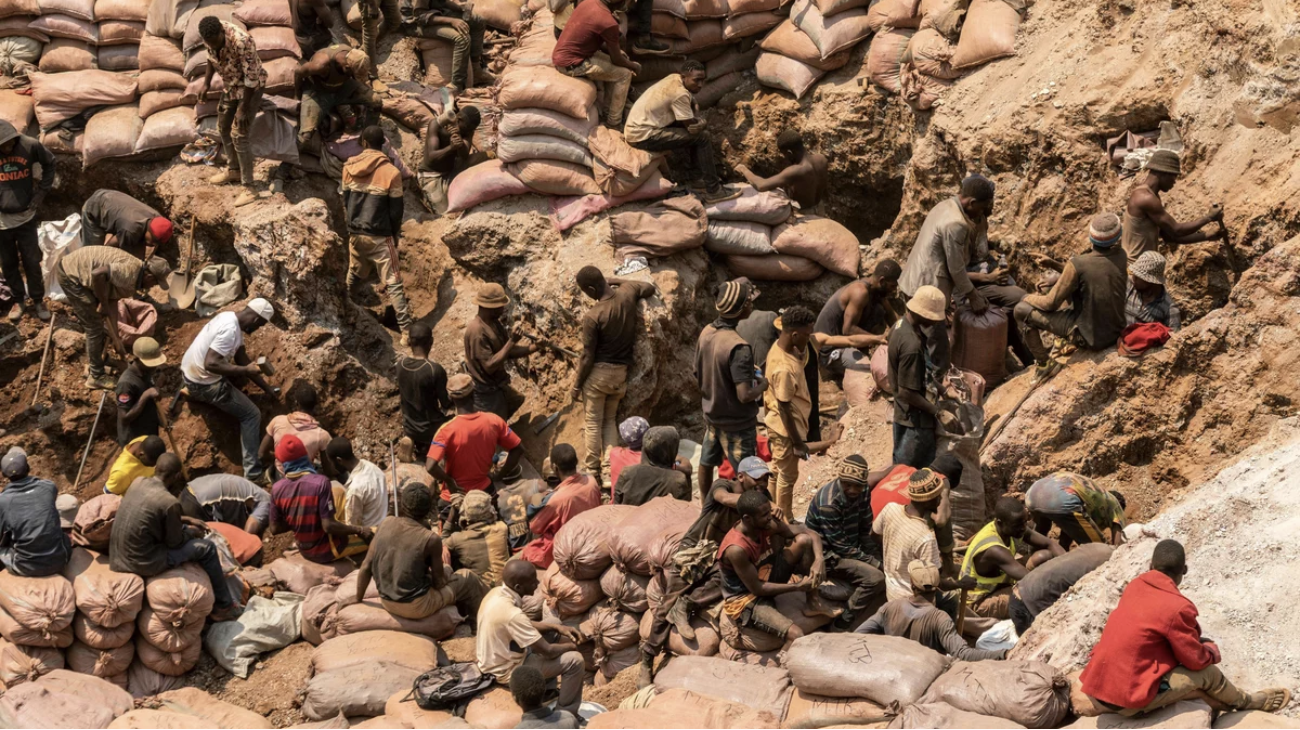
It’s easy to blame the DRC government for all this, and they do bear some responsibility, but they arent the ones in charge of the mines or exporting, importing, buying and processing the cobalt. Or indeed for purchasing the industrial and consumer products made from it.
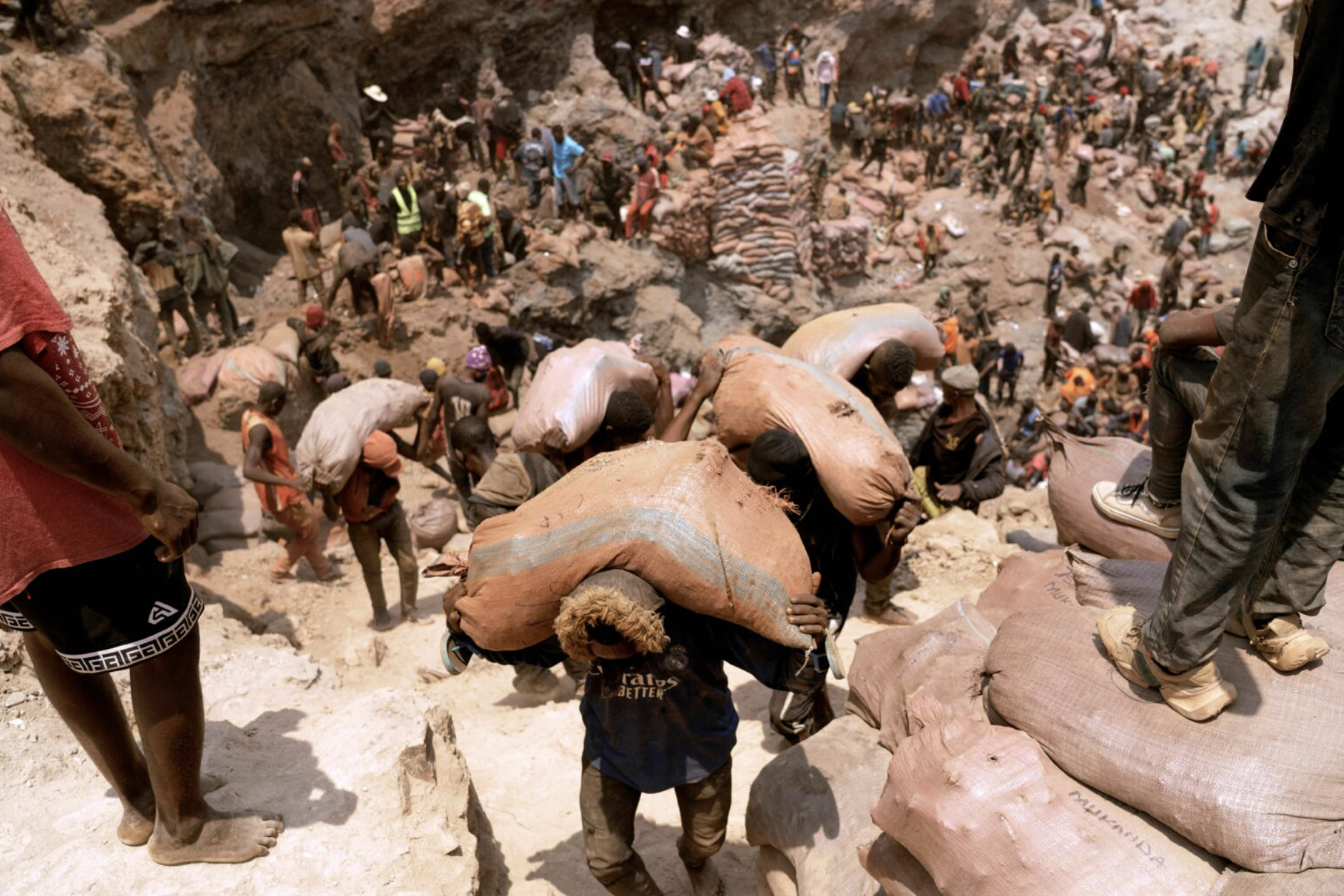
The DRC and cobalt are by no means isolated examples. Similar activities and abuses can be found all over the developing world during the extraction of natural resources to satisfy the demands of wealthier countries and individuals. But while it may be common, it isnt inevitable. Wealthy countries are not powerless to intervene.
Imported mites threaten honeybees
Invasive species present an enormous threat to Australias native flora and fauna, to agricultural systems and food supplies and to human health. Colony collapse disorder in honeybees associated with the varroa mite is just one example. So far, its been a relatively small problem in Australia, compared with, say, the USA, but the price of honey is eternal vigilance. The Australian Academy of Science has produced a one-minute briefing.
